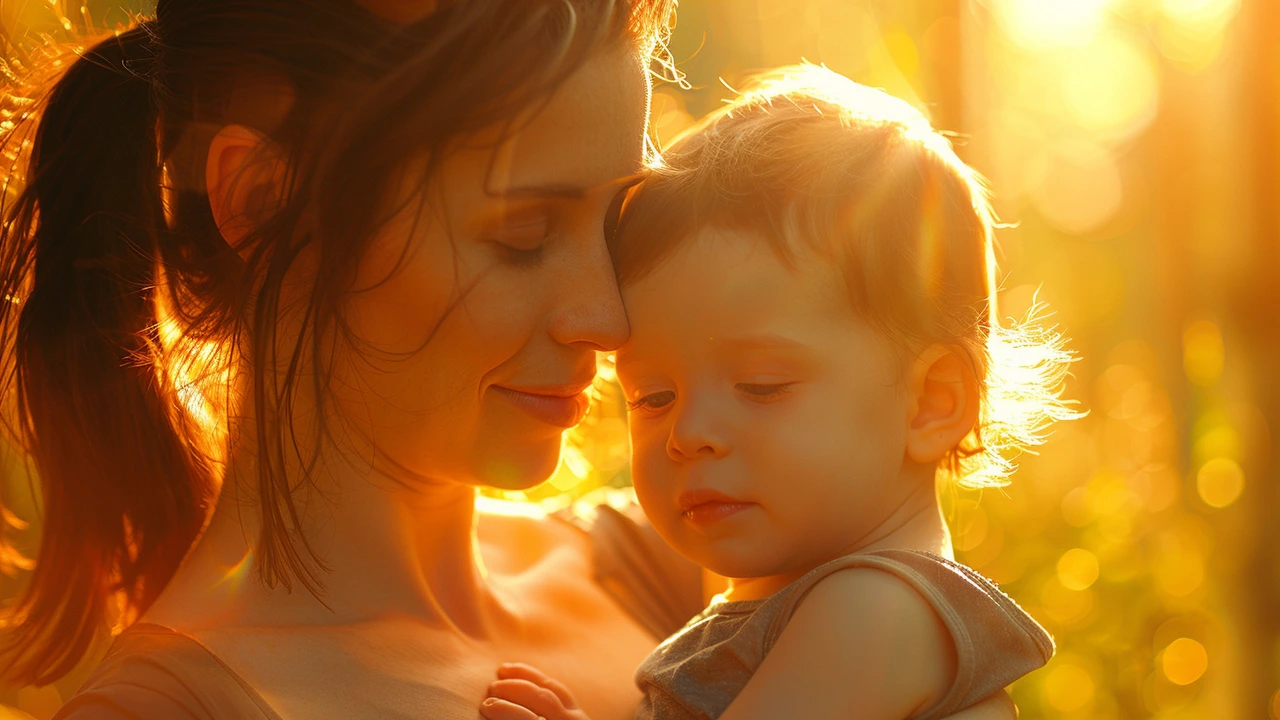Cancer Diagnosis: Getting the Right Info Early
Finding out you might have cancer can be scary. But knowing the basics about cancer diagnosis helps you act quicker and feel more in control. Early detection improves chances of successful treatment, so catching signs early is key.
First off, what should you watch for? Symptoms vary a lot depending on cancer type, but things like unexplained weight loss, persistent pain, unusual lumps, or changes in skin are red flags. If you notice something off that lasts more than a couple of weeks, don't ignore it.
How Do Doctors Diagnose Cancer?
Doctors use several tests to confirm cancer. It usually starts with a physical exam and your medical history. Then, you might have blood tests to check for abnormal markers. Imaging tests like X-rays, CT scans, or MRIs help spot tumors inside your body.
The most definite way to diagnose cancer is with a biopsy, where a small tissue sample is taken and checked under a microscope. This tells not only if cancer is present but also what type it is and how aggressive it might be, guiding treatment choices.
Why Early Diagnosis Really Matters
Catching cancer early often means less aggressive treatment and better outcomes. For example, breast cancer found through routine screening programs usually requires simpler surgery compared to advanced cases. Similarly, early lung cancer detected on a CT scan can be treated before it spreads.
Waiting too long to get checked can limit options and lower survival chances. If cancer is suspected, getting prompt tests and starting treatment right away is the best move. Keep regular checkups, especially if you have family history or lifestyle risks.
In short, staying alert to changes in your body, knowing what diagnostic tools your doctor might use, and acting fast on symptoms can save lives. When it comes to cancer diagnosis, being informed is your first defense.
The Impact of Privacy During Illness: Reflections This Mother's Day
On Mother's Day, the Princess of Wales faces a testing time with a cancer diagnosis under intense media scrutiny. A professor shares their childhood experience regarding their father's leukemia and highlights the need for privacy and openness in handling such personal challenges.

